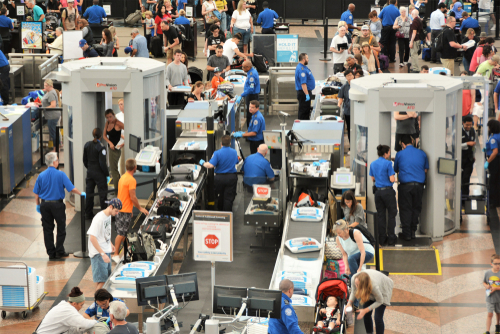
On Friday, U.S. Sen. Gary Peters (D-MI) introduced legislation to reform screening practices at airports and ports of entry that can affect individuals who may pose no danger to national security.
The Enhanced Oversight and Accountability in Screening Act would require the Secretary of the Department of Homeland Security to provide Congress with a plan to reform the redress process and ensure counterterrorism resources are used effectively. Peters, the chair of the Homeland Security and Governmental Affairs Committee, said the bill will help evaluate a set of screening processes and improve transparency about them, which will allow Americans affected by them to seek some sort of remedy if they are mistakenly caught in the system.
“We must ensure our travel screening practices protect the nation without unfairly burdening law-abiding citizens,” Peters said. “My bill will seek to improve current screening practices and ensure there is a plan to fix the redress process for innocent Americans. By doing so, we can strengthen public trust in our screening practices, increase transparency into the screening system, and protect travelers’ civil rights and civil liberties.”
In December, Peters published a report on how screening practices at airports and ports of entry have grown over time. Some of those processes may impact travelers who pose no threat, the Congressman found. Members of the Arab, Muslim and South Asian American communities report they are unfairly targeted by some screening processes, Peters said.
The proposed legislation would establish a DHS Screening and Watchlisting Advisory Committee to advise DHS on security processes, as well as mandate that the secretary of DHS provide Congress with a report assessing the effectiveness of secondary screenings and inspections by the Transportation Security Administration and U.S. Customs and Border Protection.
“We are grateful for Chairman Peters and the Committee’s ongoing efforts to shed light on the government’s risk assessment and watchlisting practices. Twenty years in, the public knows little about how DHS screens travelers, whether the programs even work, and how they impact our rights and privacy. This legislation is an important step toward bringing the scrutiny that these practices require to ensure they are effective and bias-free,” Faiza Patel, Senior Director of the Brennan Center for Justice’s Liberty and National Security Program, said.

